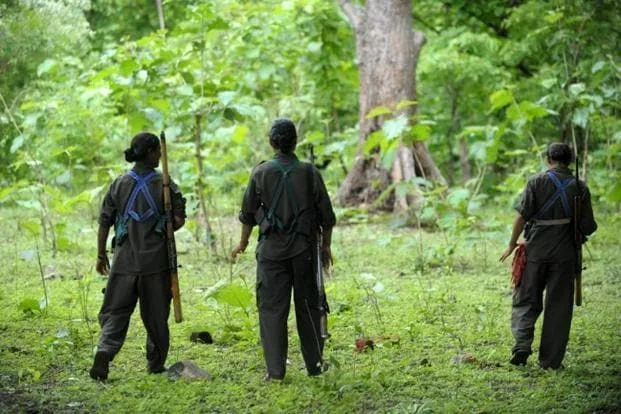The Campaign Against State Repression (CASR), a collective of over 40 civil society organizations, has issued a press statement demanding an immediate end to "Operation Kagaar" and alleged state-led killings of Maoist rebels and indigenous people in central India. The group also called on the central government to create a conducive environment for initiating peace talks with the banned Communist Party of India (Maoist).
According to the statement, over the past year and a half, joint operations by the central and Chhattisgarh governments have resulted in regular encounters in Maoist-affected areas, which are predominantly inhabited by tribal communities. CASR claims these operations amount to “massacres” and allege that security forces have been torturing and killing Maoist cadres in the guise of counterinsurgency.
The press statement references a public deadline set by Union Home Minister Amit Shah to eliminate the Maoist insurgency by 31 March 2026. CASR argues that this deadline reveals a military-first approach to Naxalism, which contradicts past government assessments—including those by the D. Bandyopadhyay Committee—that identify the issue as socio-political in nature.
CASR points out that even senior officials, such as the Karnataka Director General of Police, have acknowledged the limitations of a purely force-driven strategy, stressing that Naxalism is likely to persist as long as socio-economic grievances remain unaddressed.
The CPI (Maoist) recently released a statement expressing willingness to enter peace talks in the interest of the public. However, they issued four preconditions: halting military operations under Operation Kagaar, refraining from deploying new security forces, avoiding new Memoranda of Understanding (MoUs) in the region, and releasing political prisoners involved in the conflict. Despite this, CASR noted that three Maoist rebels were killed by security forces in Sukma district on 13 April.
Home Minister Shah had earlier referred to Maoists as “our brothers” and said he found no satisfaction in their deaths. CASR criticized this stance as contradictory, questioning the celebratory nature of some security operations and the differential treatment of Maoist rebels compared to insurgent groups in northeastern India, where peace talks have been actively pursued.
In their appeal, CASR urged opposition parties and civil society organizations to raise the issue and pressure the central government to respond constructively to the Maoist party’s offer for dialogue.
The press statement was endorsed by a wide range of organizations, including AIRSO, AISA, Bhim Army, NTUI, People’s Watch, and SFI, among others.


Comments